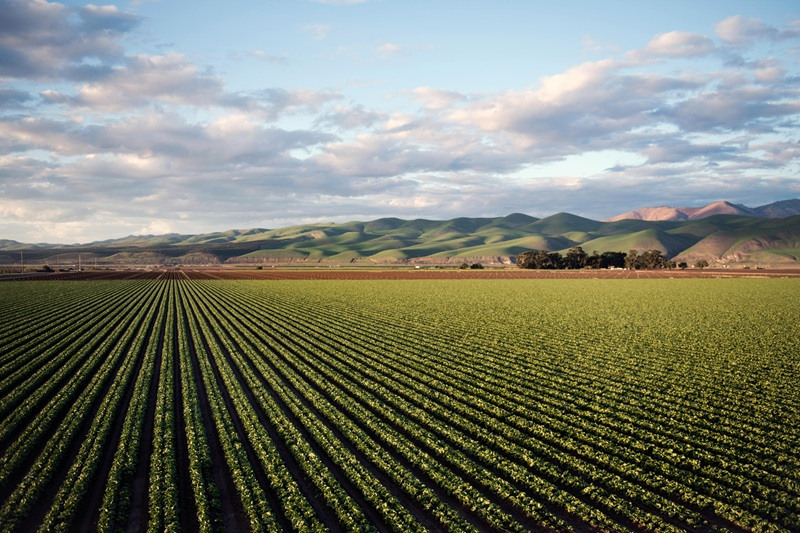In South Africa’s competitive agricultural landscape, profitability begins with smart planning. Crop planning and seed selection are two of the most critical steps a farmer can take to ensure long-term success. From managing resources efficiently to choosing the right seeds for local climate conditions, making informed decisions early in the season can result in higher yields, better quality crops, and more reliable income. At Starke Ayres, we understand the challenges farmers face and provide tailored seed solutions that help them thrive.
How to Strategically Crop Plan
For South African farmers, success starts with strategic crop planning and choosing the right seeds. These key decisions drive productivity, efficiency, and profits.
Read Next: Protecting Peppers From The Green Bridge
1. Understand Your Regional Climate and Soil Conditions
Each region in South Africa presents its own unique set of growing conditions. Before selecting seeds, it’s essential to understand your climate zone, rainfall patterns, and soil type. Matching your crops to these local conditions reduces the risk of crop failure and ensures optimal growth. Starke Ayres offers region-specific advice and seed varieties developed to perform under South Africa’s diverse farming environments.
2. Use Market Demand to Drive Crop Selection
Growing what sells is just as important as growing what thrives. Keep an eye on local and export market trends to determine which crops are in demand. For example, high-value crops like tomatoes, peppers, and baby vegetables often yield better returns when matched with the right market. Starke Ayres’ sales and agronomy teams can assist in identifying high-performing varieties for profitable markets.
3. Rotate Crops to Improve Soil Health and Yields
Crop rotation is a well-established method for reducing disease pressure, improving soil fertility, and boosting long-term yields. Alternating between crop families also helps manage pest populations and maintain healthy soil structure. When planning your rotation schedule, factor in which crops pair well together and how different varieties impact your soil nutrients. Our agronomists are on hand to help you build a sustainable rotation plan.
4. Invest in High-Quality, Disease-Resistant Seeds
Your seeds are the foundation of your success. Using genetically advanced, disease-resistant varieties can significantly reduce losses and lower your need for chemical interventions. Starke Ayres is a leader in hybrid seed development, offering a wide selection of vegetable and field crop seeds that are not only resilient but also high-yielding and adaptable.
5. Plan Ahead with Detailed Cropping Calendars
Timing is everything. Develop a cropping calendar that factors in planting windows, germination periods, expected harvest dates, and market timelines. This helps with labour planning, irrigation scheduling, and peak market availability. Accurate planning leads to fewer delays, reduced waste, and more efficient farm management.
Set Your Season Up for Success with Starke Ayres
Maximising profitability doesn’t happen by chance. It’s the result of deliberate planning, expert seed selection, and informed decision-making. With the support of Starke Ayres’ high-quality seeds and local agricultural expertise, South African farmers can confidently grow crops that meet market demand and environmental challenges. Get in touch today!
Now Read: The Impact Of Temperature On Germination Of Seed
